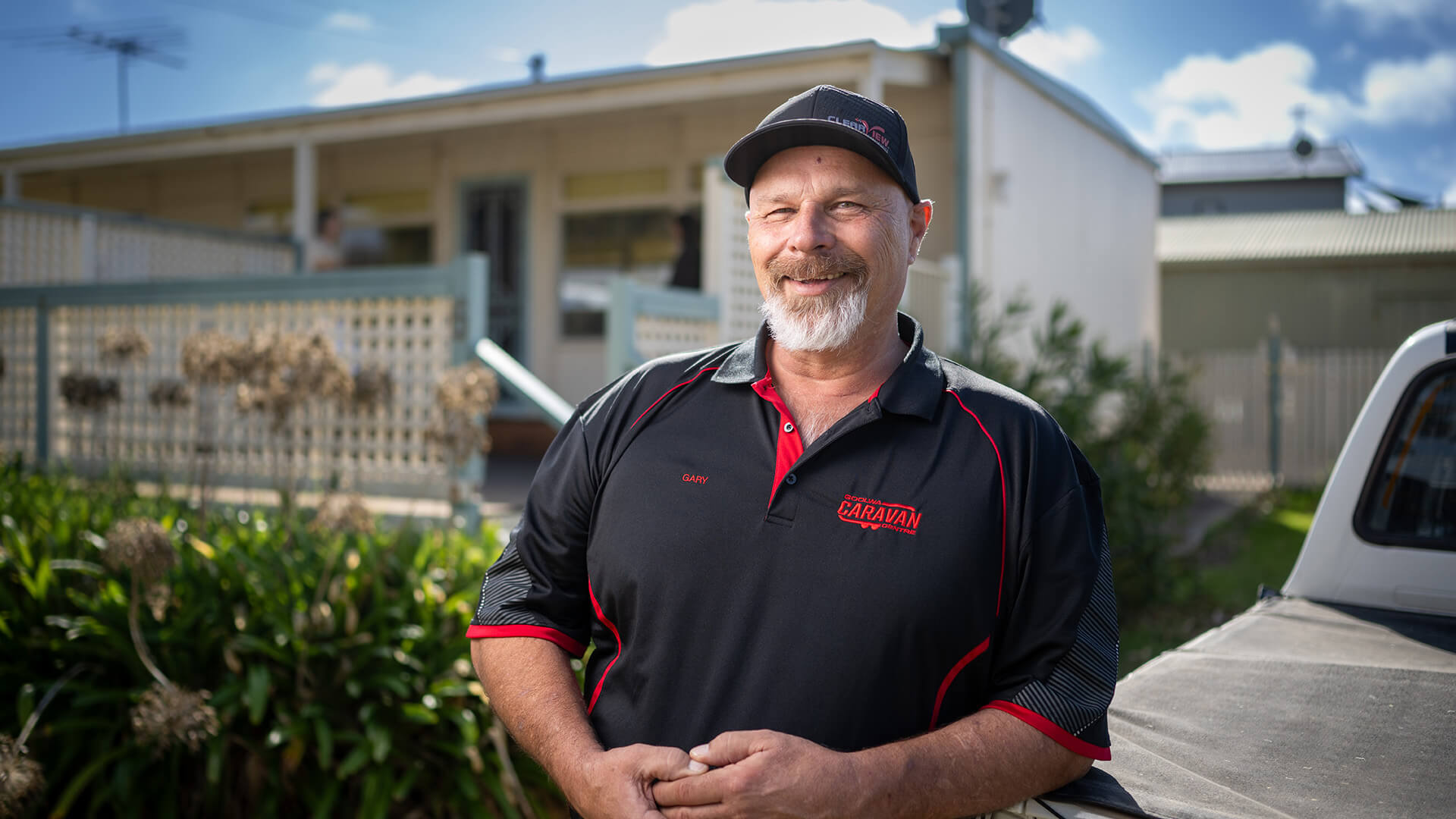5. Prioritise your physical health
Looking after your physical well-being can significantly improve your mental health, as SANE explains.
Simple changes like eating nutritious meals, getting regular exercise, and establishing good sleep habits can make a big difference.
To look after your physical and mental health, try:
- Getting quality sleep: Set a regular bedtime, limit caffeine intake, and develop a calming bedtime routine
- Eating nutritious foods: Focus on whole grains, fruits, and vegetables. Speak to your doctor or nutritionist about foods that can support mental wellness
- Exercising daily: Even light exercise can boost your mood and improve your overall wellbeing
6. Avoid alcohol and drugs
According to Borderline in the Act, using alcohol or drugs as a coping mechanism can worsen your symptoms in the long run.
Many people with BPD are vulnerable to developing substance use issues, and long-term use of alcohol or recreational drugs can contribute to further mental health challenges.
If you feel that your substance use is becoming problematic, speak to a health professional.
Various support services, including counselling and rehabilitation programs, can help you manage or stop substance use. A professional can also help you develop healthier coping strategies.
7. Learn emotional regulation techniques
BPD is often characterised by intense emotions, but SANE explains that learning to manage these emotions can help you feel more in control.
Discussing emotional regulation techniques with your therapist can empower you to manage feelings of anger, stress, and low mood. Here are some examples:
Here are some examples:
Anger management
Step away from the situation until you feel calm, focus on deep breathing, or engage in physical activity.
Stress management
Use tools for scheduling and organisation, practise mindfulness, and take regular breaks.
Managing low mood
Spend time with a loved one or a pet, engage in light physical activity, or listen to uplifting music.
Coping with dissociation
Mind explains that you can try a body scan meditation like the one from Headspace, check in with your emotions, or use sensory grounding techniques like drinking cold water or eating something spicy.
8. Stay connected with loved ones
Relationships can sometimes feel overwhelming for people living with BPD, but according to SANE maintaining supportive connections with family and friends is important for your mental health.
Setting boundaries and communicating openly with those close to you can help reduce feelings of rejection or abandonment.
Here are a few tips:
- Don’t isolate yourself—schedule regular meetups with supportive people
- Set and maintain healthy boundaries
- Consider discussing your experiences with BPD with trusted loved ones and encourage them to learn more about the condition
- Avoid jumping to negative conclusions during conflicts. Give yourself time to cool off before revisiting discussions.
9. Join a peer support group
Although BPD affects many people, it can sometimes feel isolating. Joining a peer support group like the ones offered by SANE or Black Dog Institute is a great way to connect with others who share similar experiences and challenges.
Listening to others can also provide new perspectives on managing BPD.
Speak with your doctor about peer support groups, or search online for groups that suit your needs.
10. Request workplace accommodations
BPD may impact your work life, but with the right support, you can manage your symptoms in a professional setting.
Australian employers are required to provide reasonable accommodations, which could include flexible working hours, working from home, or extra time for mental health appointments.
If you’re finding it hard to cope at work, a Disability Employment Services provider can assist you in accessing workplace support and accommodations that meet your needs.






